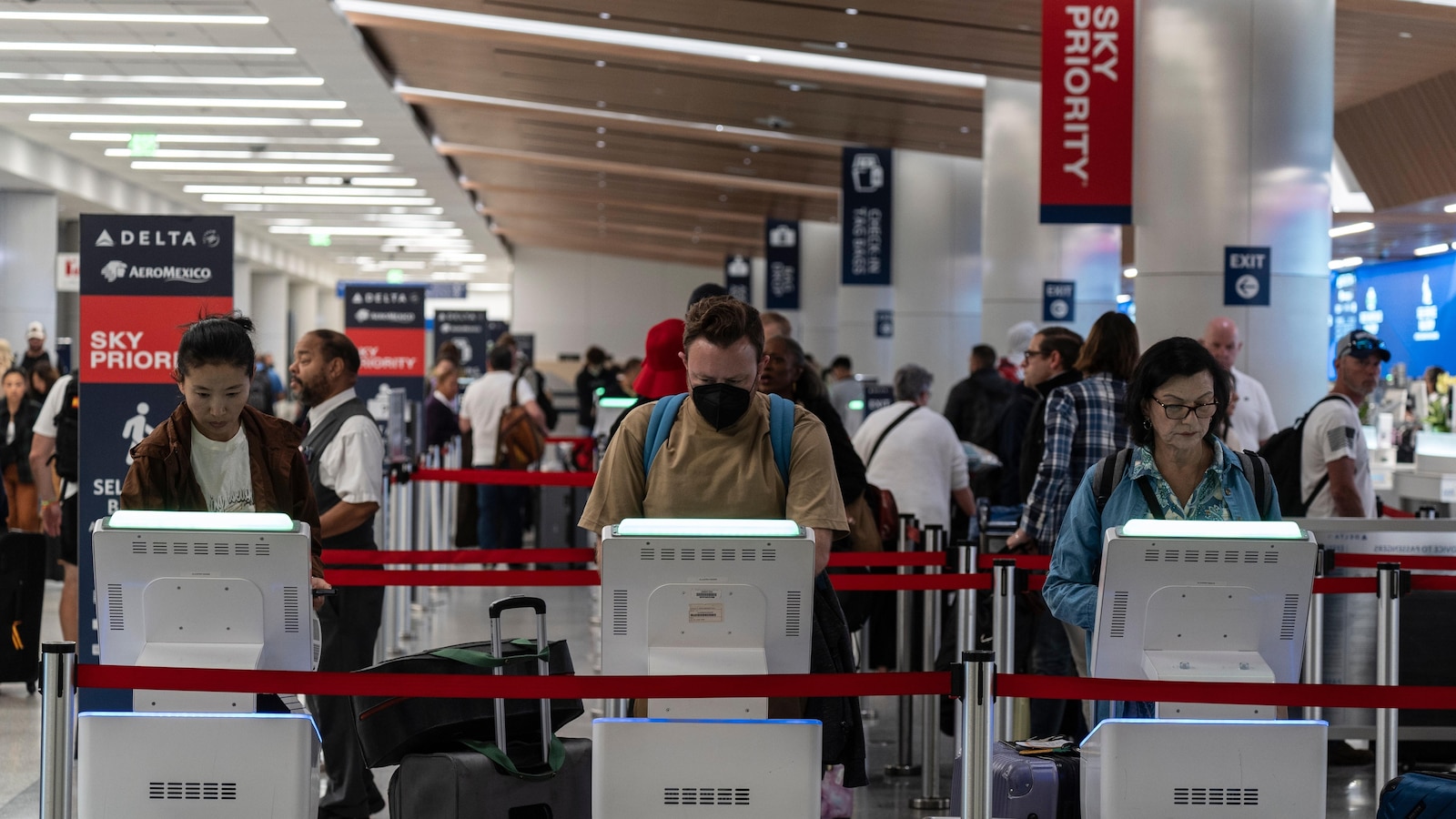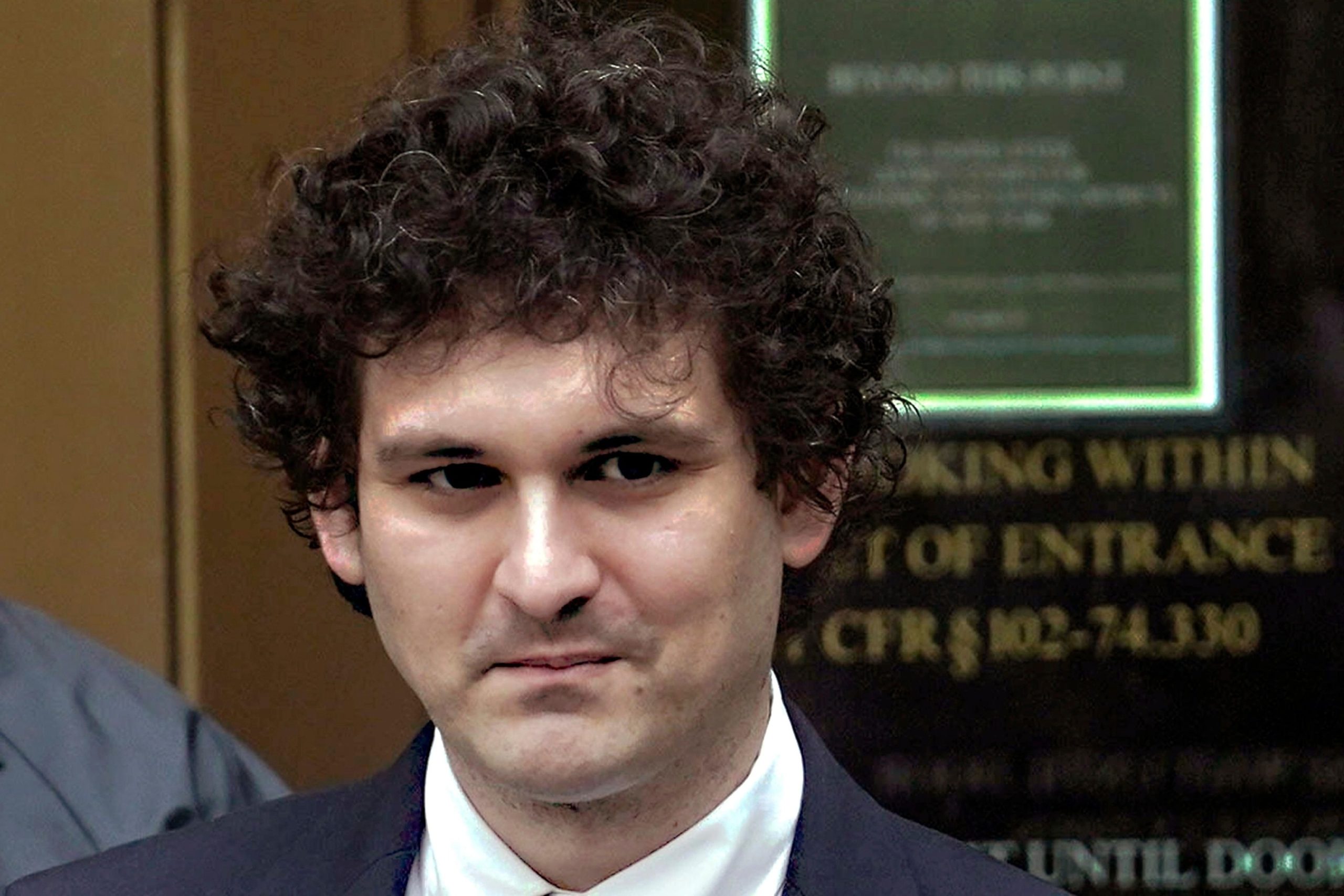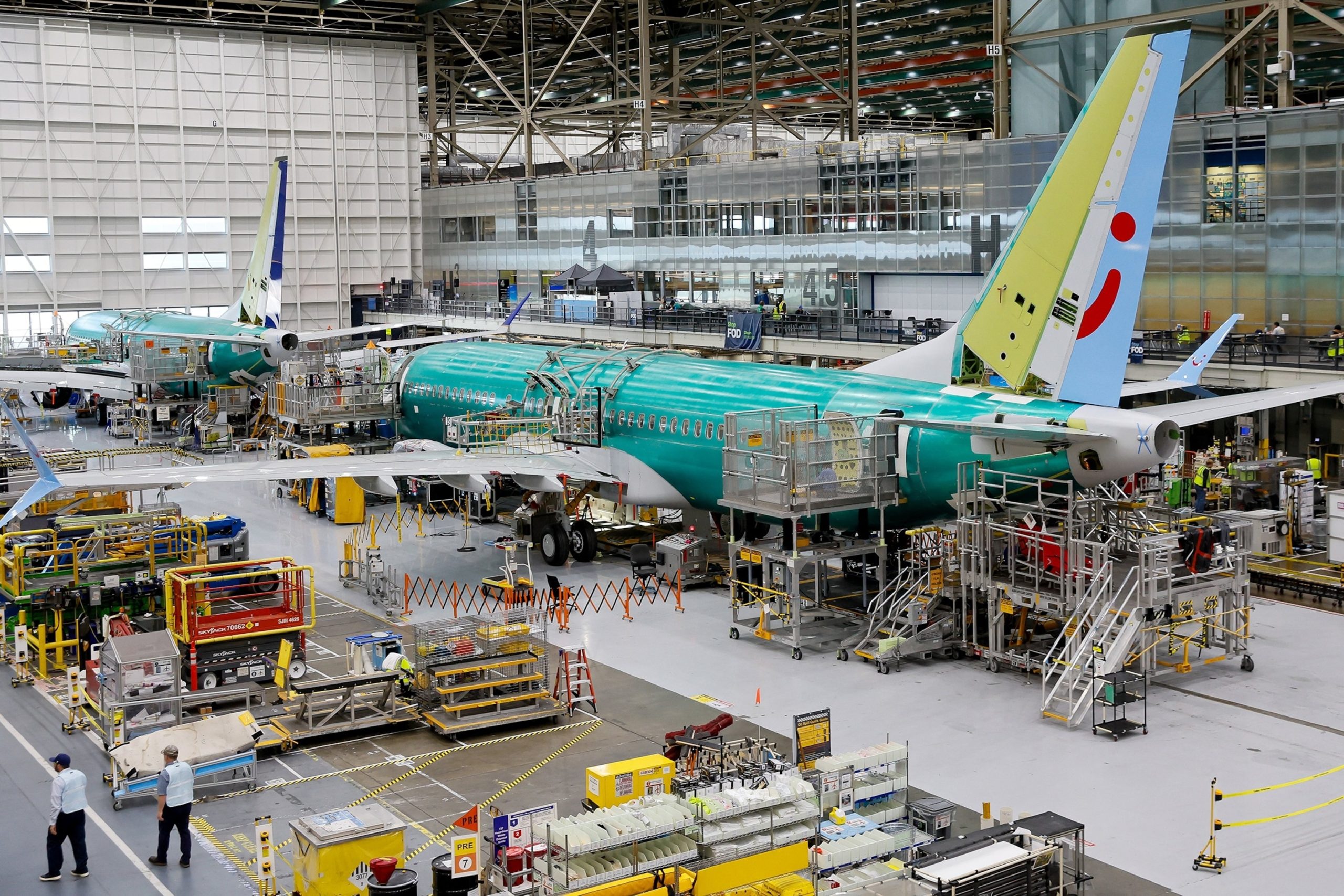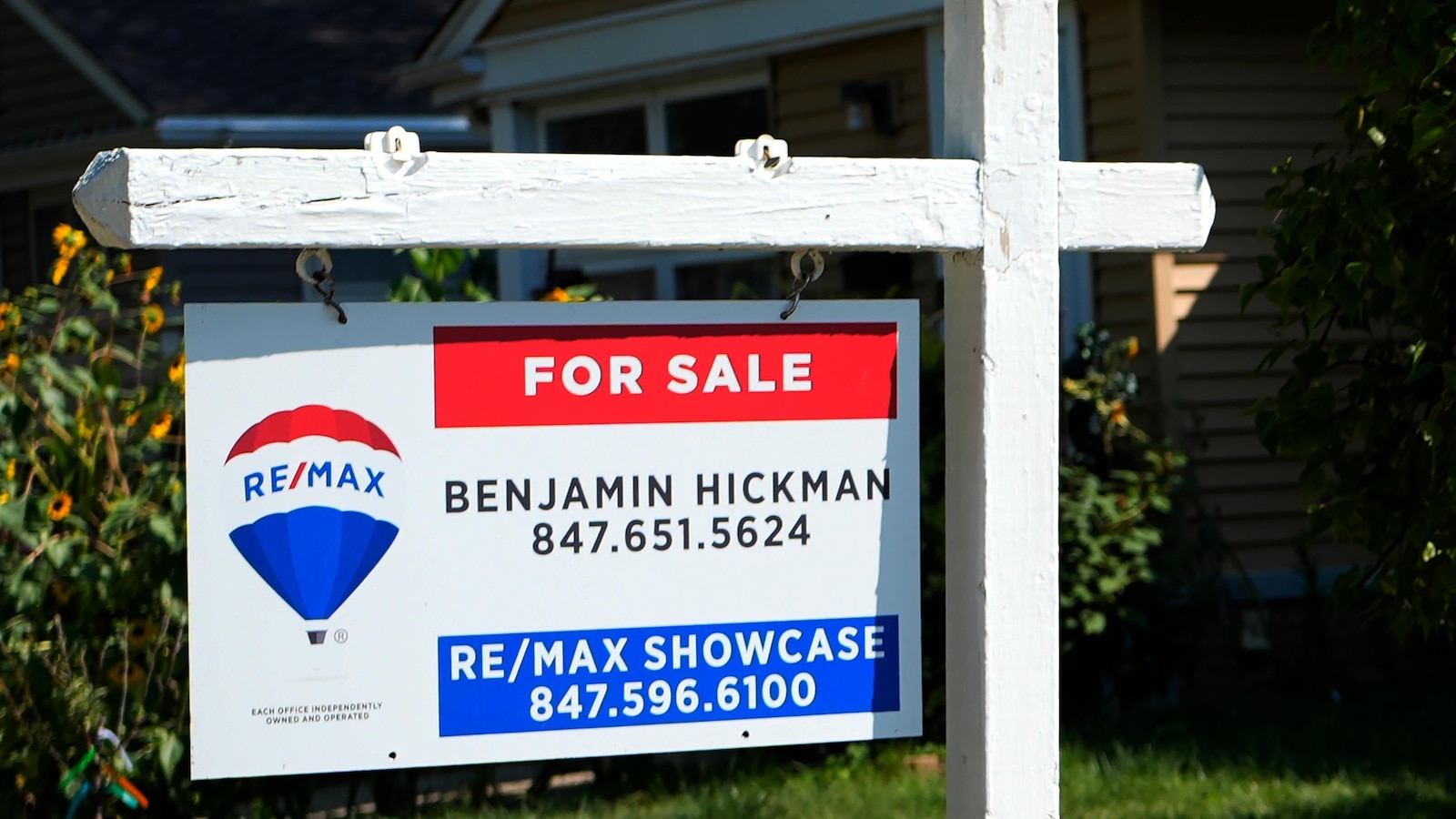
The Biden administration is examining the four largest U.S. airline frequent-flyer programs and how they devalue points that consumers have earned and frequently change the number of points or miles needed to book flights.
Transportation Secretary Pete Buttigieg wrote to the CEOs of American, Delta, Southwest and United on Thursday, asking each for a report on policies, fees and other features of their loyalty program.
Consumers often complain that airlines raise the number of points needed to earn a free flight and limit the number of seats that can be purchased with points.
Buttigieg said loyalty programs bring value to consumers, and people count on them to pay for vacations and trips to visit family.
“But unlike a traditional savings account, these rewards are controlled by a company that can unilaterally change their value,” he said in a statement issued by the Transportation Department. “Our goal is to ensure consumers are getting the value that was promised to them, which means validating that these programs are transparent and fair.”
Delta said loyalty of members in its frequent-flyer program “means everything to us, and providing a meaningful rewards experience is the top priority within Delta’s SkyMiles Program.” Southwest highlighted that its points never expire, and said it books more seats with points than other airlines.
Airlines for America, a trade group that represents all four carriers targeted by Buttigieg, said millions of people enjoy participating in the loyalty programs.
“U.S. carriers are transparent about these programs, and policymakers should ensure that consumers can continue to be offered these important benefits,” a spokesperson for the group said.
Frequent-flyer programs were once based on the number of flights taken or miles flown. In recent years, however, they have been fueled by spending that consumers conduct using airline-branded credit cards. Income from the credit-card issuers has become an important source of airline revenue.
The Transportation Department and the Consumer Financial Protection Bureau held a hearing in May on the airline programs, at which they raised many of the issued covered in Buttigieg’s letter to airline CEOs. Witnesses included consumer advocates and officials from three smaller airlines, but no representatives of the big four airlines that are covered by the new inquiry.
One of the advocates who testified, Erin Witte of the Consumer Federation of America, said frequent-flyer programs started as a reward for consumers who were loyal to one airline.
“It’s ironic that many of them have morphed into programs that are anything but loyal to their customers and instead make people feel like they need an insurance policy to keep the points they have earned,” Witte said Thursday. She said she was glad the Transportation Department is examining the programs.
The consumer-protection board said in a report for the hearing that it received more than 1,200 complaints about credit card rewards last year, an increase of more than 70% from pre-pandemic levels. Many hotels, retailers and other businesses also offer loyalty programs with credit cards.
Buttigieg ordered the airlines to report within 90 days on matters including how point values are determined, any fees that consumers must pay, and details of deals with banks that buy miles from airlines and use them to encourage people to shop with their credit cards.
The order asks airlines to list any changes in their programs since July 31, 2018, including how each change affected the dollar value of reward points.
The US government has launched an investigation into airline frequent-flyer programs, raising concerns about potential antitrust violations and consumer protection issues. The investigation, which is being led by the Department of Justice and the Federal Trade Commission, comes as airlines continue to face scrutiny over their pricing practices and competition in the industry.
Frequent-flyer programs have long been a staple of the airline industry, offering travelers the opportunity to earn miles or points for every flight they take. These miles can then be redeemed for free flights, upgrades, and other perks. However, critics argue that these programs can also create barriers to competition, as airlines use them to lock in customers and discourage them from switching to rival carriers.
The investigation will focus on whether airlines are engaging in anti-competitive behavior by coordinating their frequent-flyer programs to limit competition and keep prices artificially high. This could include agreements between airlines to restrict the availability of award seats or to set minimum prices for award flights. The government will also examine whether airlines are misleading consumers about the value of their miles and points, or engaging in other deceptive practices.
In recent years, airlines have faced increasing pressure from regulators and consumer advocates over their pricing practices. The Department of Transportation has cracked down on hidden fees and other deceptive practices, while lawmakers have called for greater transparency in airline pricing. The investigation into frequent-flyer programs is just the latest sign that regulators are taking a closer look at the industry.
For consumers, the investigation could have significant implications. If the government finds evidence of anti-competitive behavior or deceptive practices, it could lead to changes in how airlines operate their frequent-flyer programs. This could mean more transparency about the value of miles and points, as well as greater competition between airlines to attract and retain customers.
In the meantime, travelers should continue to monitor their frequent-flyer accounts and be aware of any changes to their program terms and conditions. It’s also a good idea to compare the value of miles and points across different airlines, to ensure that you’re getting the best deal possible. With the government now investigating airline frequent-flyer programs, consumers can expect greater scrutiny and potentially more protections in the future.


